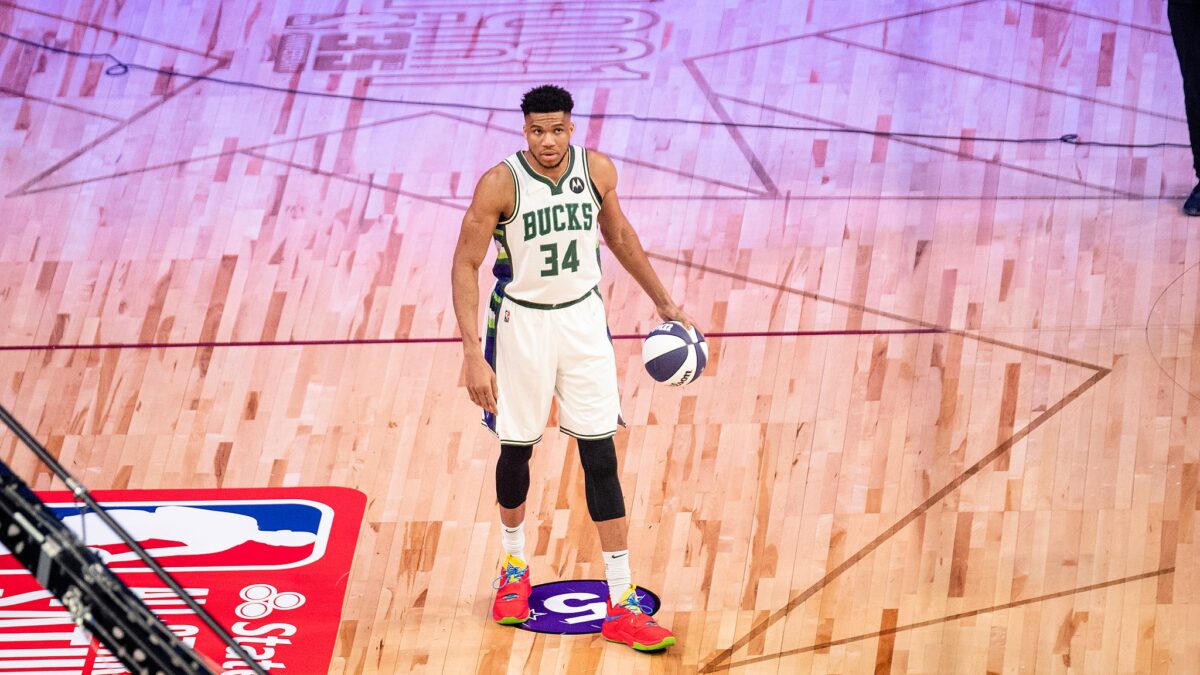
It is mid-winter in America, and that means three things: deer are losing their lives at record pace in the south, northerners are looking at property for sale in Florida, and we are in the throes of that great drama known as The Football Playoffs. We have made it to the “win or go home” stage of the year, and that means that every game matters. Because every game matters, every play matters. And because every play matters, it is important — no, absolutely critical — to “get it right.”
We can’t allow a zebra to screw it up, to call a receiver out of bounds when he clearly dragged his toe or to rule a loose ball fumble when the runner’s knee was obviously down. No, we can’t leave those kinds of game-changing, victory-making, city-defining, emotion-inducing calls up to a handful of fallible umpires. Too much is at stake!
Some cities haven’t tasted a championship in decades. Can it possibly be the right thing to deprive millions of people of joy on a bad call when we have technology at our fingertips that will allow us to “get it right?”
Of course, the drive to get it right isn’t limited to football, although the long and sordid history of instant replay and its cousins begins on the gridiron. No, now even the hallowed grounds of baseball diamonds are equipped with HD cabers and direct links to the ever-ominous “New York headquarters.” There, with all of the benefits of multiple camera angles and slow motion, we know the umpires will “get it right.”
Never again will a player whose foot grazed home plate be called “Out!” Never again will fan interference in the outfield steal a home run from a would-be-hero. Perhaps in the future a perfectly consistent strike zone will be established using some invisible laser concoction and there won’t even be a need for a home plate umpire.
But Here’s the Problem
The only problem is that we have lost a lot of the joy in sport with all of this instant replay, and those fallible umpires are as much a part of the thrill as the incredible athletes themselves.
Imagine: you are watching a football game and your team is rallying in the fourth quarter. They score what looks to be a touchdown with 11 seconds left, but it is a close call. Did the ball break the plane or not? You will only be able to tell with extra angles and slow motion. So you will get your answer in five minutes. Grab some guacamole in the meantime.
Now, imagine that play without instant replay. As you see your team’s player inch towards the goal line, as soon as you feel comfortable in looking away, who are you looking for? The line judge, of course! Your team’s fate is in his hands and his word is final.
If two hands point to heaven, that’s where your soul goes too, for your team has won the game and you are exuberant. If not, the game is over and it is time to start “waiting for next year.” Either way, the stakes are incredibly high and the emotion is real.
That same play today doesn’t pack the same punch. Why? Because you know it will be reviewed. If the hands go up, your joy is tempered, knowing it can all be taken away.
Granted, you still have hope if the original call is that the ball didn’t cross the plane. But the point is that you’re watching the game not fully invested in the moment, and it fundamentally changes the way you experience the game. Now, because of the prospect of replay, you are always waiting for the other shoe to drop because you know the men on the field do not have the final say.
We Need Things to Argue About for Decades
For me, that would be reason enough to eliminate all kinds of reviews. But I’ll pile on. Consider this: bad calls give us something to argue about for years, maybe even decades, perhaps even centuries to come. Bad calls contribute to rivalries or even create them. Bad calls help us nurse grudges, which is perfectly fine in sports.
Bad calls are what we will talk about with our grandkids. Bad calls become legend, and their evil grows with each passing year as your team that should have won it all slides further and further from glory. Being cheated on occasion is part of what we love about sports, because it makes the thrill of victory that much more thrilling.
Or what about this: reviewing a call doesn’t guarantee the call is right. How many times do you need to watch the Dez Bryant catch in Green Bay to know it was absolutely a catch? (Yes, I am aware they changed the rule and that would be a “catch” today.) Or perhaps they don’t have enough angles to be conclusive?
Instant replay also slows the game. After suffering through commercials, penalties, and halftime, now we have to wait for this? Again, the visceral nature of what is at stake is lost.
Life Means Failure
Above all, bad calls are human, and that is why we should learn to live with them. People fail in life. Have we forgotten how to deal with that? In so many ways, we seek to sanitize our world in the name of “getting it right.”
But getting it right isn’t always possible. If sports is an outlet for life, if it has the possibility of mirroring life and of teaching us something about life, then we should let the game be played by humans and judged by humans, and we should admire them when they get it right and empathize with them when they get it wrong. For surely, we have screwed things up somewhere along the way, no?
Most of the time, they will get it right. So I say we take the best the athletes have to give and the best the referees have to give. Just like in life, you put it in a crazy blender, mix it up, and get ethereal moments of victory and brutal cases of defeat. But you’ve lived in the meantime and it was real. It was unbridled. It was raw.
You and your team and your city lived and died by what that guy in stripes saw on that field. The possibility of error raises the stakes, so when the final call comes, it means something right then and there. Review, whether you know it or not, undercuts all of that potential energy and takes a lot of joy out of the game.
So I say get rid of it all. Let’s just enjoy the game in the moment, come good plays or bad, good calls or bad. Because sports is a lot like life. Heck, sports is life.









